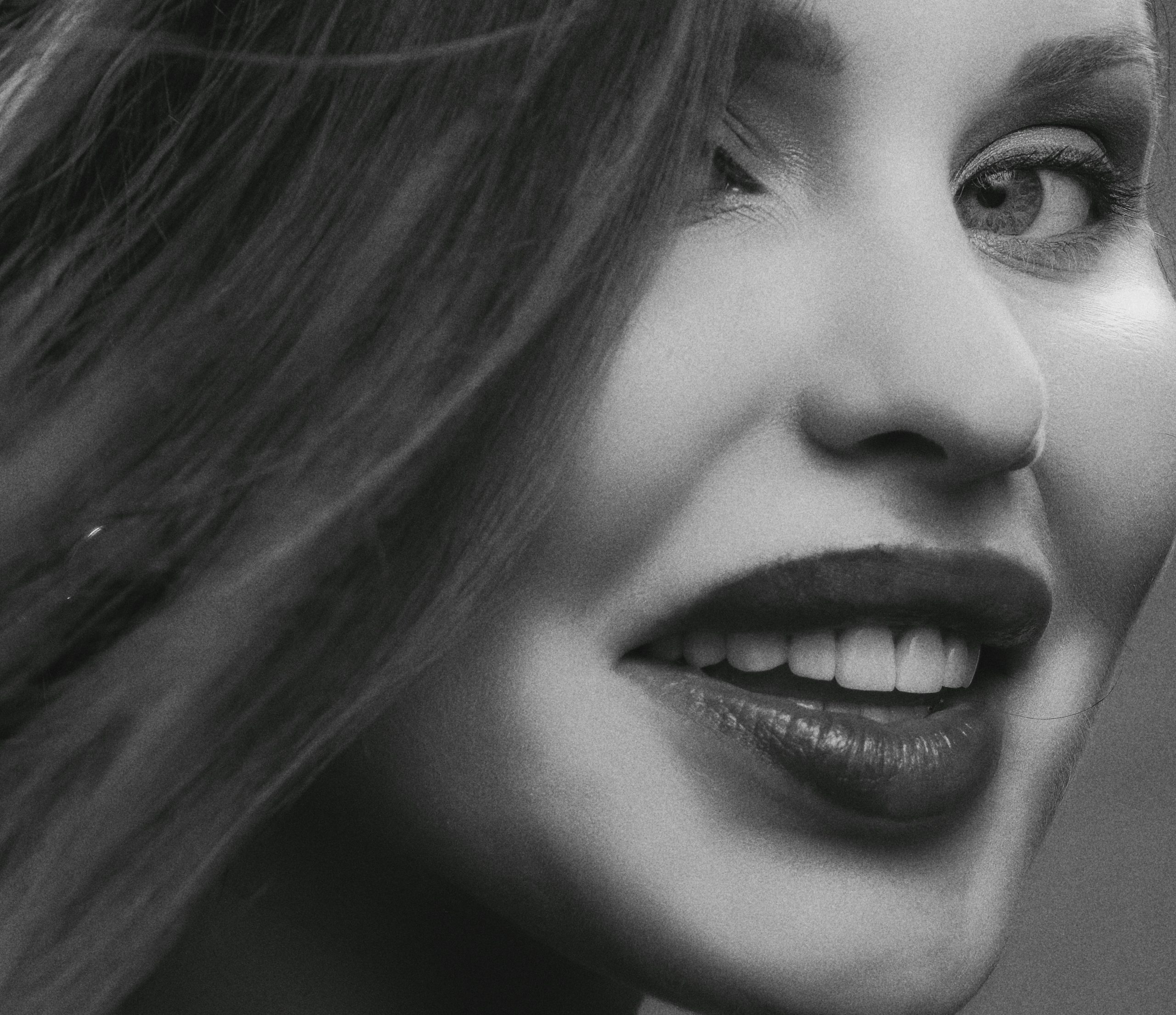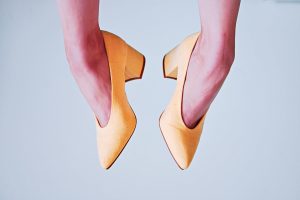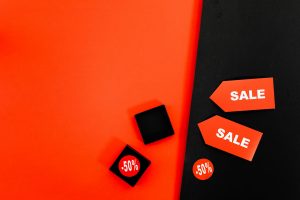The Role of Fashion in Expressing Personal Identity and Beliefs
Fashion has always been seen as a form of self-expression. From the snazzy attire of the roaring 20s to the grungy styles of the 90s, fashion has been used as a means to showcase individual style and preferences. However, it goes beyond just looking good or keeping up with the latest trends. Fashion plays a vital role in expressing personal identity and beliefs. In this article, we delve into the role of fashion in shaping and representing one’s identity and beliefs.
The Evolution of Fashion
Fashion trends are constantly evolving, reflecting the current cultural, societal, and political climate. From traditional attire to modern streetwear, fashion has always been a reflection of the times. However, its role in expressing personal identity and beliefs has become more prominent in recent years.
Social Media and Fashion
Social media has revolutionized the fashion industry. With platforms like Instagram, Twitter, and Pinterest, individuals can showcase their style to a global audience. This has given rise to a new wave of influencers who use fashion as a means of self-expression. These influencers have a strong following, and their fashion choices are often seen as a representation of their personal identity.
Besides influencers, social media has also given a voice to niche communities and subcultures. These individuals use fashion to express their beliefs, values, and ideologies. It serves as a form of self-identification and solidarity with like-minded individuals.
Cultural Identity and Fashion
Fashion has always been a part of cultural identity. Traditional attire, passed down through generations, serves as a reminder of one’s heritage and customs. Individuals often use these traditional garments to express pride in their cultural roots and to differentiate themselves from mainstream fashion.
However, in recent years, there has been a surge in cultural appropriation within the fashion industry. This has caused much debate and controversy. From traditional Native American headdresses on Victoria’s Secret runways to the use of sacred symbols in fast-fashion clothing, the fashion industry has a long way to go in addressing these issues.
Fashion as a Form of Self-Expression
Personal style allows individuals to express their individuality and uniqueness. Fashion is no longer confined to just following trends; it is now seen as a way to convey one’s personality, beliefs, and values. It serves as a form of self-expression and a way to stand out in a sea of conformity.
The Power of Clothing
The clothes we wear have a direct impact on how we feel and behave. It is no wonder that we often dress depending on our mood. For example, an individual may opt for a bold and colorful outfit when feeling confident and vibrant, and a more subdued and comfortable outfit when feeling low. Clothing also has the power to boost one’s self-esteem and confidence, making them feel more comfortable in their own skin.
Fashion also allows individuals to challenge societal norms and expectations. It gives a voice to the marginalized and underrepresented. Through fashion, individuals can break gender stereotypes, promote body positivity, and advocate for various causes and issues.
Conclusion
Fashion is not just about looking good; it is a powerful tool for self-expression. It allows individuals to showcase their unique identity and beliefs, making them feel seen and heard. With the help of social media, fashion has become more accessible, allowing individuals to build a community and connect with like-minded individuals. However, it is essential to use fashion responsibly and respectfully, keeping in mind its role in shaping personal identity and representing beliefs.
As the saying goes, “Fashion is a form of self-expression, and we choose how we want to be seen.” Let us use fashion to showcase our individuality and be proud of who we are.










